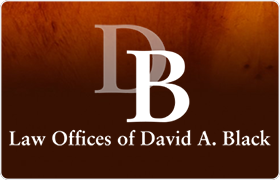 Phoenix Criminal Lawyers, Arizona
Phoenix Criminal Lawyers, Arizona
Sponsored Law Firm
-
 x
x

Click For More Info:
-
Law Offices of David A. Black
40 North Central Avenue Suite 1400 Phoenix,AZ 85004» view mapAssault, Appeals, DUI, Drug Crimes Phoenix Criminal Defense Lawyer
We have years of experience successfully defending clients. Being accused of a crime is simply that – an accusation. We will vigorously defend your rights.
800-975-4680
Lawyers
<
71-78 of 78 matches
Federal Appellate Practice, White Collar Crime, DUI-DWI, Criminal
Animal Bite, Defamation & Slander, Criminal, Alcoholic Beverages
Divorce & Family Law, Criminal, Farms, Alimony & Spousal Support, DUI-DWI
Products Liability, Corporate, White Collar Crime, Family Law




 David A. Black Phoenix,AZ
David A. Black Phoenix,AZ Contact UsContact the Firm
Contact UsContact the Firm About UsLearn More About Us
About UsLearn More About Us